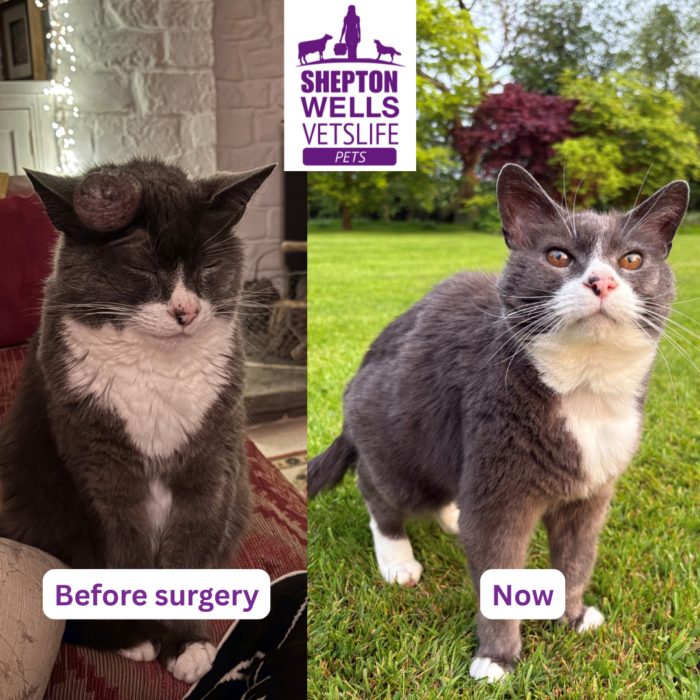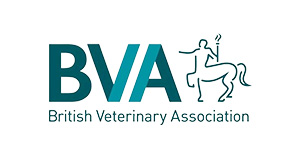Cardiology
Our Cardiology Service involves diagnosing and managing both congenital and acquired heart disease in dogs and cats. Whilst ultrasound examinations have become a cornerstone of Cardiology diagnostics, other diagnostic modalities such as x-rays and ECGs are still frequently required. With any heart disease our goal is to extend and improve your pets quality of life so they can spend more time by your side.
Joshua White
MA VetMB PGCertSAM MRCVS
“Advancing medical diagnostic capabilities means we are able to offer services to clients locally and at affordable prices, rather than those clients needing to go to more costly corporate referral centres for the same diagnostics.”
A number of our vets can perform all the above, with more complex or unusual cases being dealt with by Josh. Josh is an RCVS Advanced Practitioner in Small Animal Medicine and is currently studying for a Cardiology-specific certificate.

Our enhanced Cardiology services
Heart disease can by caused by a number of different underlying problems and can affect our pets in different ways. Sometimes you might make an appointment because you are worried that your pet is not right. Other times, we might detect an abnormality as part of a routine consultation. Either way, if we are concerned there is any sign of a heart problem, we have the capability to investigate further according to your pet’s needs.


-
After an initial clinical examination we may recommend further diagnostics, many of which can be performed by all of the team. We may refer to in-house to Josh for further work-up or, in some cases, we may arrange referral to trusted external specialists. In most cases medications are used to manage patients with heart disease, but sometimes specific medical or surgical procedures may be required.
- Certain procedures may be done in house:
- Pericardiocentesis (draining fluid around the heart)
- Pleurocentesis (draining fluid around the lungs)
- Pericardectomy (Removal of the heart sac)
- Surgical PDA closure – a type of congenital heart disease
These last 2 procedures would be performed by Josh and our head surgeon. On occasion we may have to send your pet elsewhere for complex interventional procedures such as pacemaker implantation or minimally invasive PDA closure. In these cases we have very close links to local referral centres, allowing Josh to visit and be involved despite being at a different location.
When is heart disease a concern?
If you are concerned that your pet is unwell it is a good idea to make an appointment for a veterinary consultation. We will be able to take a detailed history and perform a thorough clinical examination. We might suspect we need to investigate your pet’s heart if you notice certain symptoms or if we notice abnormalities.
For example: Reducing exercise tolerance. Increased breathing rate or effort. Episodes of collapse, especially syncope (loss of consciousness). Audible heart murmur. Arrhythmias (irregular heart rhythms).
Cardiology diagnostics at Shepton Vets
- Initial clinical exam with auscultation, pulse assessment and percussion if required
- Echocardiography (‘heart scan’) including both colour and spectral doppler measurements
- Digital Radiography for thoracic assessment
- Electrocardiography (ECG) including Holter monitoring (24-hour ECG)
- Blood pressure measurements
- Thyroid assessment in cats
“ My Margot has had to visit vet Josh several times recently. I can not thank him and the team enough for the care and expertise shown to my cat. She and I thank you. ”
Ali
Life Saving Heart Surgery for Puppies
There are many surgeries and procedures performed at both our Shepton and Wells practices that we do routinely; neutering, lump removals, x-rays, scans etc… But every so often an opportunity comes along to perform a much rarer surgery, which in some cases we may never have done before.












